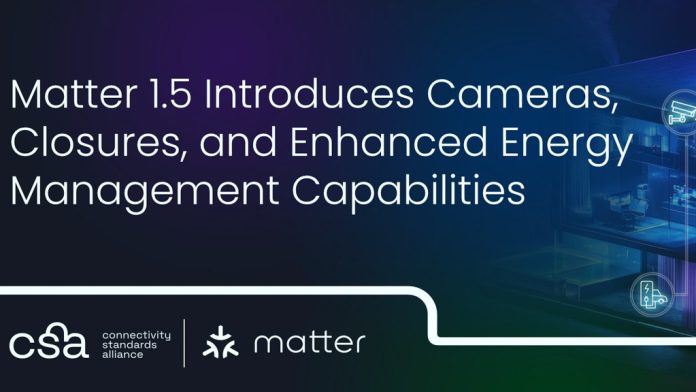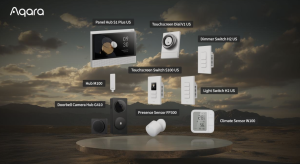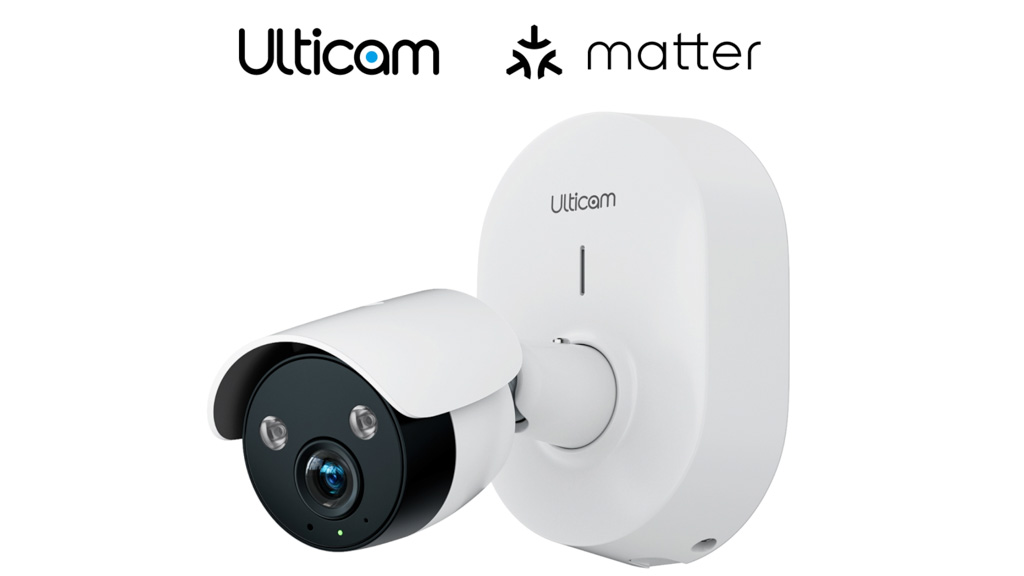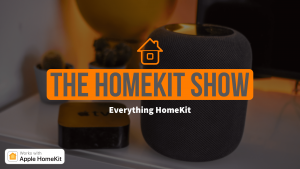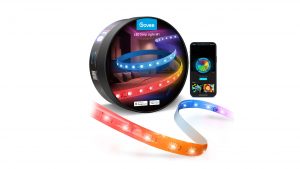The Connectivity Standards Alliance (Alliance) has released Matter 1.5, expanding the specification with several high-impact device categories and capabilities—including cameras, a fully overhauled closures framework, soil sensors, and major enhancements to energy management. This update continues Matter’s mission to simplify smart home development, strengthen interoperability, and deliver richer, more sustainable experiences for consumers and developers.
Following the quality-focused Matter 1.4.1 and 1.4.2 releases, which delivered improvements to testing, certification, and tooling, Matter 1.5 represents the next major functional step forward. Many of the industry’s most requested device categories and features are now part of the standard, enabling manufacturers and platforms to develop and certify a broader range of interoperable products.
These additions highlight the ongoing cross-industry collaboration within the Alliance, expanding Matter into more device categories while continuing to build on the secure, reliable foundation developers expect.
What’s New in Matter 1.5
Support for Cameras
Matter 1.5 introduces one of the most highly anticipated additions to the specification: cameras, designed to support the widest possible range of modern camera types, price points, and complexities.
The new camera spec supports:
Doorbell cameras
Indoor and outdoor cameras
Floodlight cameras
Baby and nanny monitors
Pan/tilt cameras
Wi-Fi, PoE, and Ethernet cameras

Matter cameras enable live video and audio streaming using established WebRTC technology, with two-way communication and support for both local and remote access via STUN and TURN protocols. Developers can implement multi-stream configurations, pan-tilt-zoom controls, detection and privacy zones, and a variety of storage approaches—including continuous or event-based recording to local or cloud destinations.
Importantly, most modern cameras will be backward compatible with Matter 1.5 thanks to their existing processing power, memory, and Wi-Fi/Ethernet support required for video capture and streaming. However, each manufacturer will determine individually which existing models they will update.
What Matter 1.5 does not do for cameras and this is pretty obvious
It does not handle storage, but points users toward the device maker’s or platform’s cloud or local storage options.
It does not support clip playback; this remains a function of the device maker or platform.
It does not perform on-camera analytics or intelligence, nor does it trigger automations based on them.
The goal is to provide interoperability without limiting device makers’ ability to innovate through their own apps, services, and advanced features.
Enhanced Support for Closures
Matter 1.5 includes a completely refreshed, unified approach to closures, covering a broad range of devices:
Window shades
Drapes
Awnings
Gates
Garage doors
Multi-panel or nested mechanisms
Previously, Matter only offered basic open/close capabilities for a handful of device types—and even garage doors could not be certified until this release. With Matter 1.5, all types of closures and a robust, certifiable feature set are now available.
The new modular cluster design allows manufacturers to represent motion types such as sliding, rotating, or lifting using a small number of building blocks. This reduces development complexity while enabling a wide range of differentiated products—from simple blinds to fully automated smart windows.
Soil Sensors for Smarter Water Management
Matter 1.5 adds support for soil sensors, designed to measure moisture—and optionally temperature—to help maintain optimal plant and garden conditions.
Used alongside Matter-enabled water valves or irrigation systems, soil sensors can support intelligent, automated watering routines that conserve water and improve plant health across gardens, lawns, and indoor plants.
Advancing Energy Management
Matter 1.5 builds on earlier groundwork with major enhancements to energy management, allowing devices to exchange standardized information on energy pricing, tariffs, and grid carbon intensity.
A new electrical energy tariff device type allows utilities, grid operators, and energy services to share real-time and forecasted tariff, pricing, and carbon data in a Matter-defined format. Devices can then:
Report true cost and carbon impact
Automatically optimize behaviour based on tariffs, carbon forecasts, or user preferences
Incorporate predictive data from energy-producing devices such as solar systems
This capability is especially relevant in European markets, where utilities offer incentives and Time-of-Use pricing for off-peak consumption and grid contributions. Matter 1.5 makes it easier for homes to participate in these programs and for ecosystems to make energy-efficient decisions automatically.
Additional enhancements include:
Smarter metering with support for complex, time-varying tariffs and historical consumption data
Improved grid connection and power-limit communication for regulatory compliance
Expanded EV charging support—including certifiable state-of-charge reporting and bi-directional charging—preparing for future vehicle-to-grid scenarios and upcoming EU requirements
Together, these features create a consistent, secure framework for efficient and sustainable household energy management.
Improved Data Transport with TCP / Large Messages
Matter 1.5 adds full support for TCP transport, enabling more reliable and efficient handling of large data sets. This is especially beneficial for cameras, but also enhances firmware update performance and transmission of richer data types like images.
The result: improved efficiency, performance, and battery life across device classes.
Why all this Matters
Each Matter release reinforces the shared goal of ensuring connected devices work better together—securely, locally, and reliably. Matter 1.5 expands what’s possible while maintaining a strong, stable foundation.
For developers and device makers, the update:
Simplifies development across major product categories
Reduces reliance on custom integrations
Opens new innovation pathways on top of a proven, interoperable standard
For consumers, Matter 1.5 provides:
Broader product choice
Easier setup
Confidence that devices from different brands will work together seamlessly
Real-world support for energy and water management and home monitoring
Looking Ahead for Matter
Matter 1.5 marks another milestone in the Alliance’s commitment to open collaboration and continuous improvement. With support for cameras, closures, soil sensors, and advanced energy features now available for implementation and certification, ecosystems and device makers can begin planning their next generation of interoperable products.
The Matter 1.5 specification, SDK, and test tools are now available to Alliance Members. Developers are encouraged to explore the new capabilities, start certification planning, and work closely with partners to bring these enhanced smart home experiences to life.


